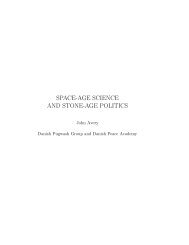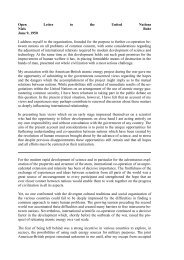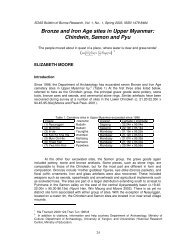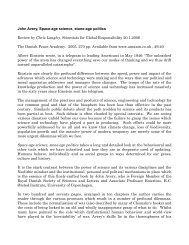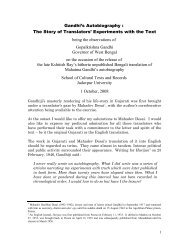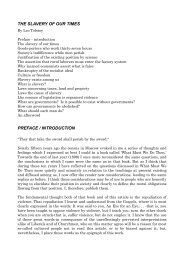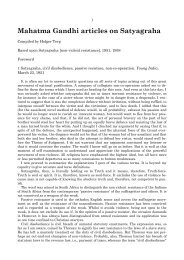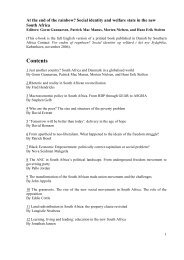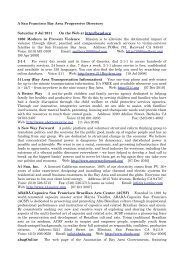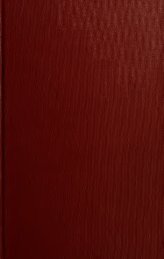Untitled
Untitled
Untitled
You also want an ePaper? Increase the reach of your titles
YUMPU automatically turns print PDFs into web optimized ePapers that Google loves.
18 U. S. AND EXPANSION OF LAW BETWEEN NATIONS<br />
This code of Lieber not only was used by the Union armies<br />
during the rest of the Civil War, but afterwards influenced the<br />
framing of the code prepared, though never ratified by the<br />
powers, at the Brussels conference of 1874. The war code of<br />
Lieber, who was a great friend of Bluntschli of Heidelberg,<br />
had an immense influence upon the preparation by the Heidelberg<br />
scholar of part of his proposed code of the Law of Nations.<br />
28 And Lieber's war rules and regulations formed the<br />
basis of the rules of the law of war as determined at the First<br />
and the Second Hague Peace Conferences in 1899 and 1907<br />
respectively.<br />
On the sea as well, the United States have led the way for<br />
the codification of the rules of war. On June 27th, 1900, the<br />
United States published to the world a body of rules for the<br />
use of their navy, the so-called United States Naval War Code.<br />
These rules were drafted by Captain (now Rear-Admiral)<br />
Charles Herbert Stockton of the United States Navy. Though<br />
this code of rules was withdrawn by the American Government<br />
February 4th, 1904, because until their adoption by the leading<br />
maritime powers of the world, they would have placed the<br />
United States Navy at a disadvantage<br />
in case the American Re-<br />
public became engaged in war with a strong maritime power<br />
which did not recognize the rules as binding upon its own naval<br />
forces, nevertheless the work of Admiral Stockton marks the<br />
beginning of a movement for the adoption by the nations in<br />
the future of some kind of international naval war code.<br />
While the United States of America did not originate the<br />
movement aiming to free navigation upon many international<br />
navigable rivers, that is, rivers flowing through or between the<br />
territory of two or more nations through their entire navigable<br />
course, to the navigation of the vessels and boats of all the ripa-<br />
rian nations, still the United States by their policy in insisting<br />
as it<br />
upon the freedom of navigation of the Mississippi as long<br />
flowed through or along the territory of two nations, and like-<br />
wise in obtaining by treaty in exchange for freedom of naviga-<br />
w Le Droit International Codifie, translated by Lardy, Paris, 1870.



